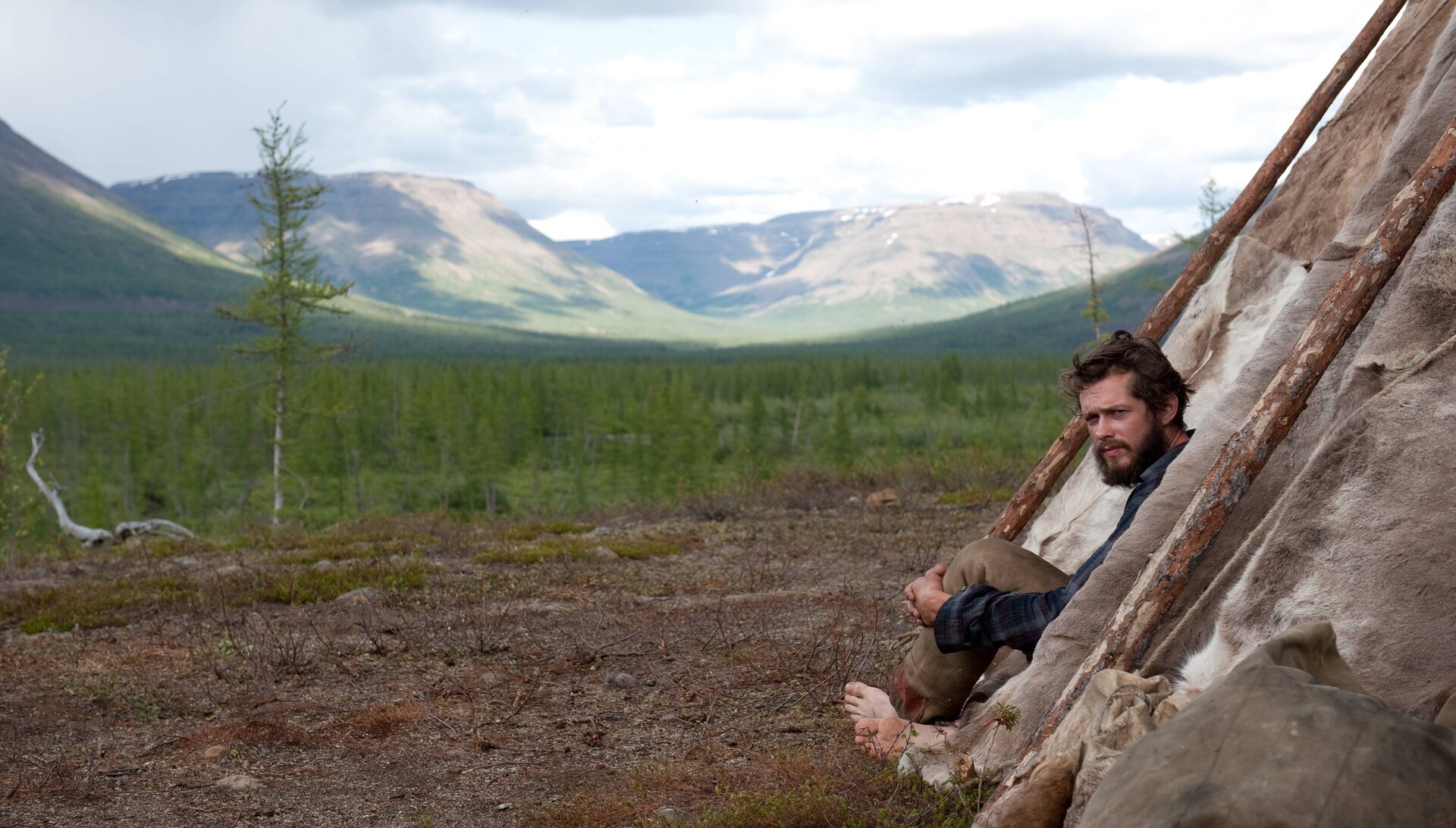
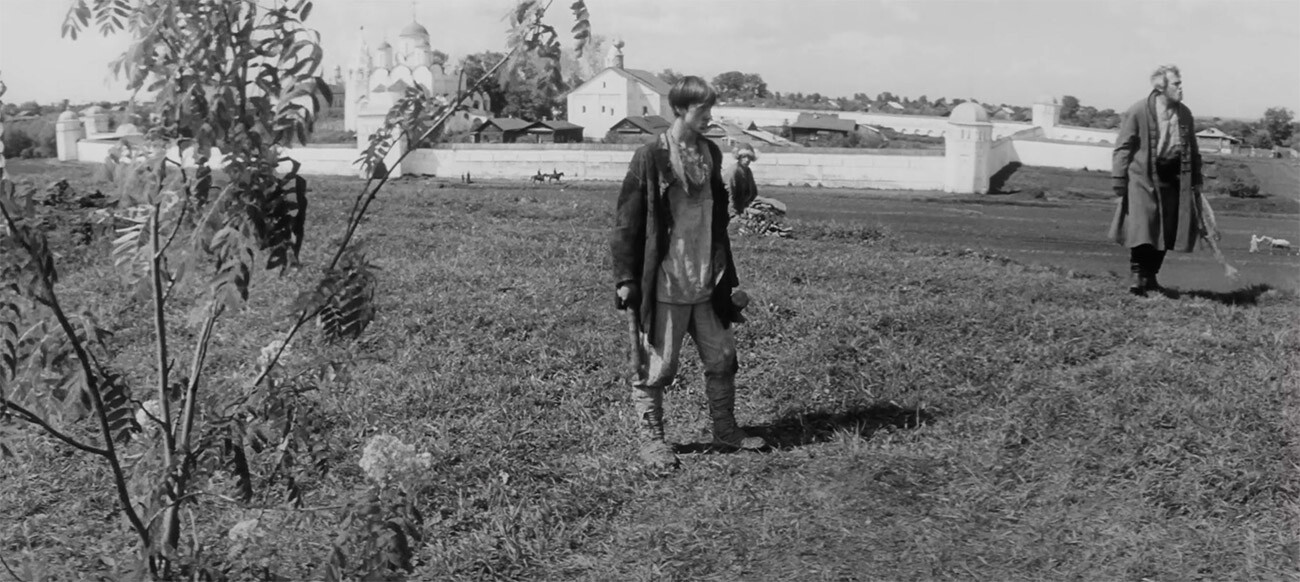
One of Andrei Tarkovsky’s greatest works was mainly shot in the Pskov Region. The cold character of northern Russia, with its dim landscapes, masterfully melds with architectural monuments, becoming one of the film’s most important characters. By the way, Mosfilm recently published the restored director’s cut of the film where you can learn more, not only about Tarkovsky and his masterpiece, but also about the spectacular nature of these places.
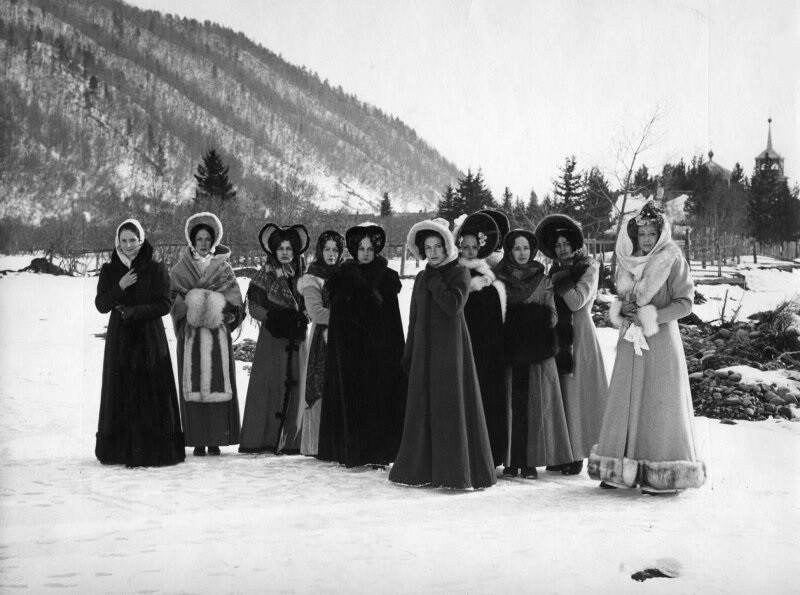
This is the tragic story of the Decembrists and their wives who followed them into exile in Siberia. There, in the Irkutsk cultural center and on the shore of the majestic Lake Baikal, their meeting in the film took place. The main roles were played by a whole slew of Soviet movie stars.
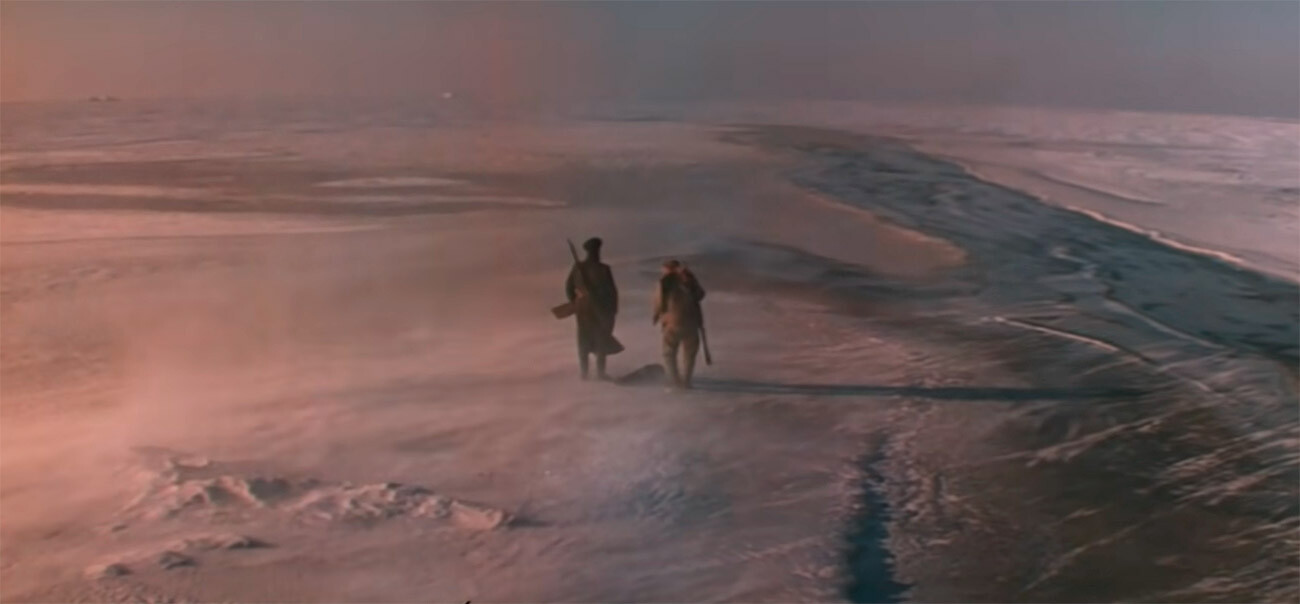
The Oscar-winning film by Japanese director Akira Kurosawa became his first work in a foreign language, and was shot for Mosfilm Studios. Kurosawa was a long-time fan of the adventure prose of Vladimir Arsenyev, a traveler and an explorer of the Far East, but he couldn’t put it on screen since Japanese nature, although not too far from the Far East, significantly differs from the nearby Russian landscapes. That’s why Kurosawa eagerly responded to the offer to shoot a movie about the USSR – and 'Dersu Uzala' was born, partially shot in the Primorsky Territory, near the city and the river named in honor Arsenyev.
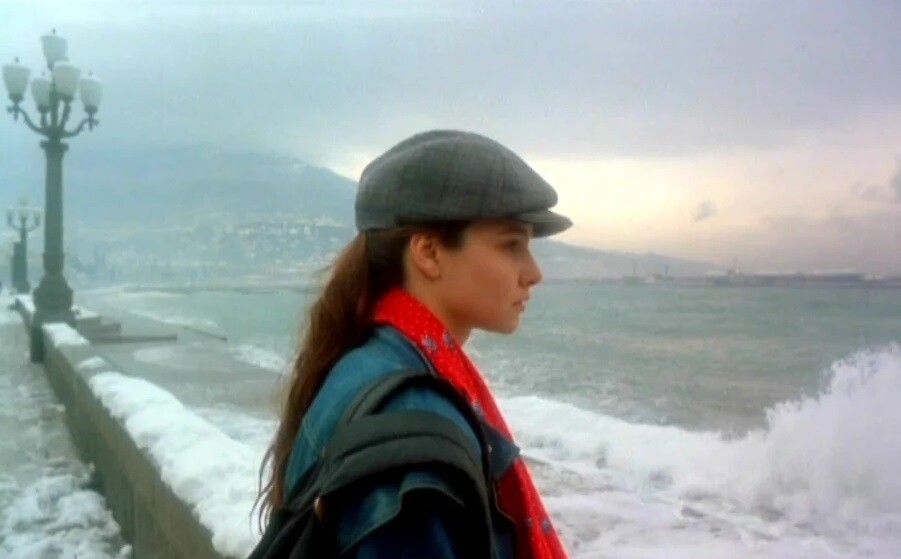
The main hit of the Perestroika era, the final of which features the famous song, “Peremen!” (“Changes!”) by the band Kino, was shot in winter in Yalta by director Sergei Solovyov. The last name of the main character was in tune with the location itself – Krymov. The story of a love triangle develops in the movie amid the backdrop of the sea and mountains – about the humble nurse Alika, the crime lord Krymov and an eccentric guy known as Bananan. A cable car journey, which has an aerial view of the city, appears to be almost crucial in this three-act love tragedy.
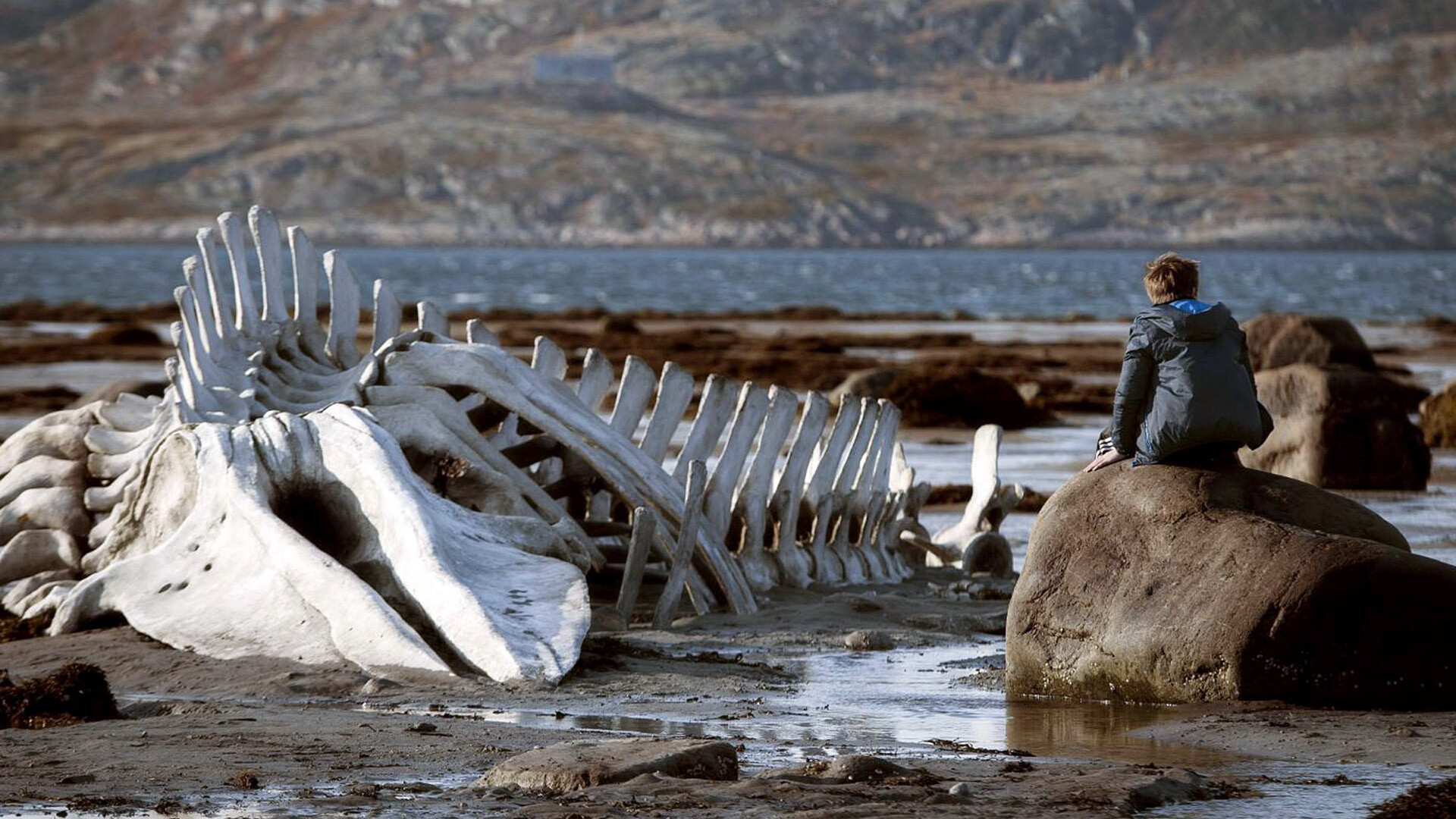
This is the most famous film by director Andrei Zvyagintsev, which won the prize for Best Narrative at the Cannes Film Festival and the Golden Globe award. It tells the story of the struggle between a simple car mechanic and the corrupt mayor of a small seaside town where the movie takes place. “Leviathan” was shot in the village Teriberka on the Kola Peninsula. The unique landscapes of the Russian North were so seared in the audience’s memory that after the film’s release the village became one of the most popular tourist destinations in Russia.
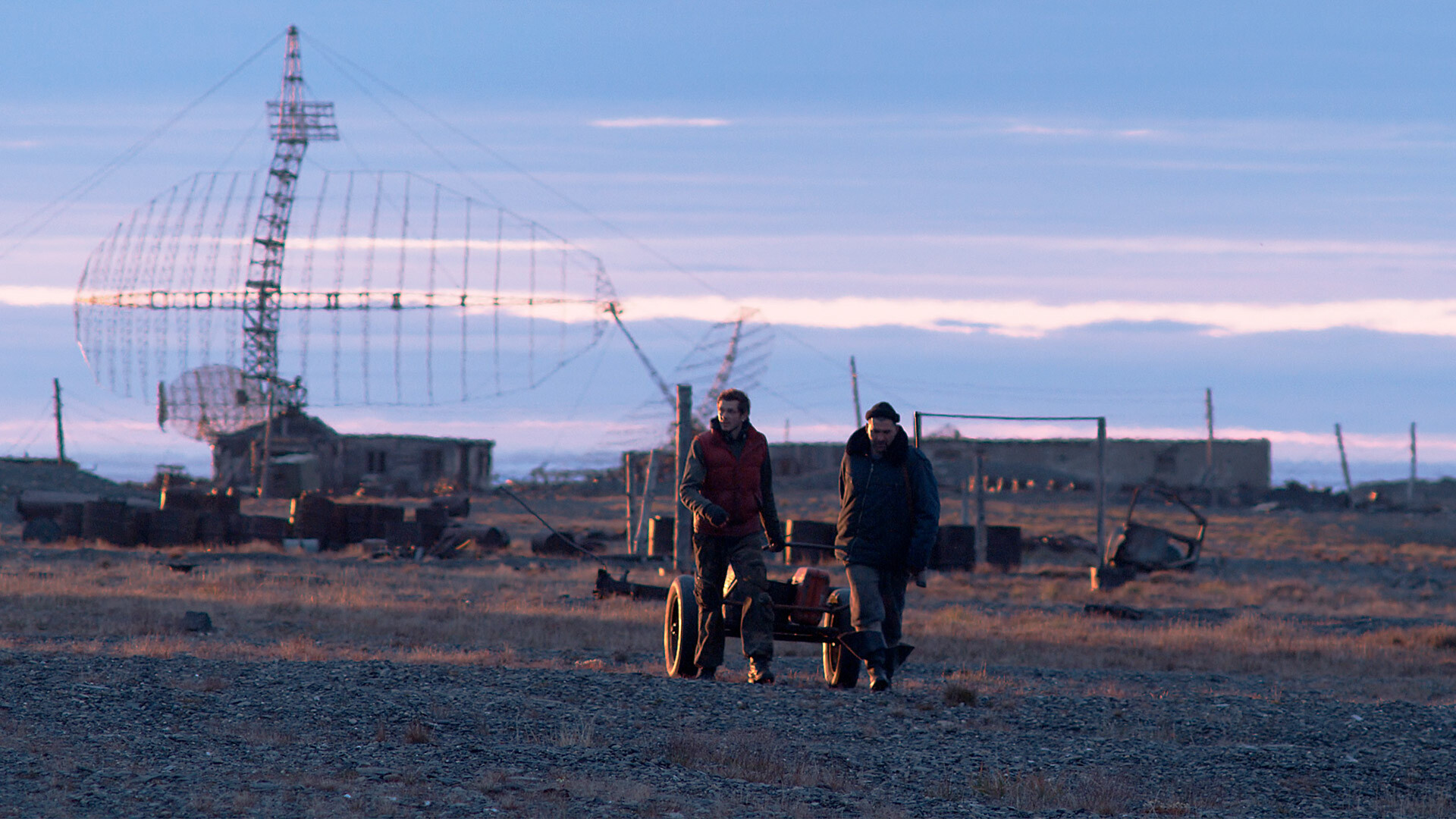
The polar thriller of director Alexei Popogrebski garnered two Berlin International Film Festival awards. The film tells the story of the experienced head of a polar station and a young trainee who has to make one of the hardest decisions of his life. The harsh snow-covered nature of Chukotka, washed by the Arctic Sea, breathes cold right through the screen and forces us to react sharper to the instincts of the main characters, who try to stay human despite terrible trials.
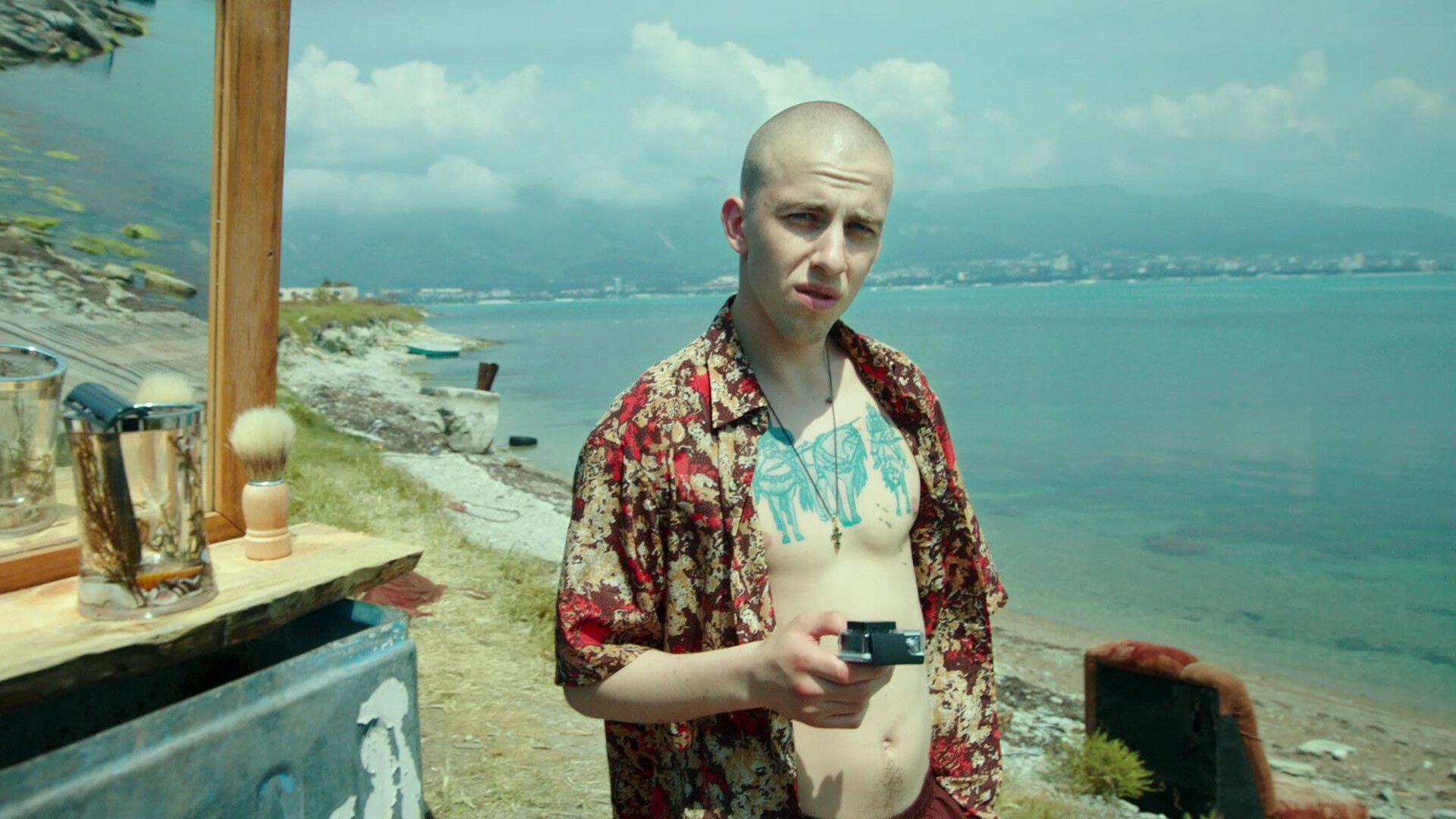
A fiery and scenic comedy by director Zhora Kryzhovnikov, this film is the true embodiment of Russian traditions. The film tells the story of a young couple who wants to have two weddings at once – one for their parents, and another, more modern and European, for themselves. The location allows it – the future family lives in Gelendzhik, one of the most famous Russian resort cities on the shore of the Black Sea. The audience has the chance to see picturesque mountains and the sea, as well as the exotic flavor of national celebrations.
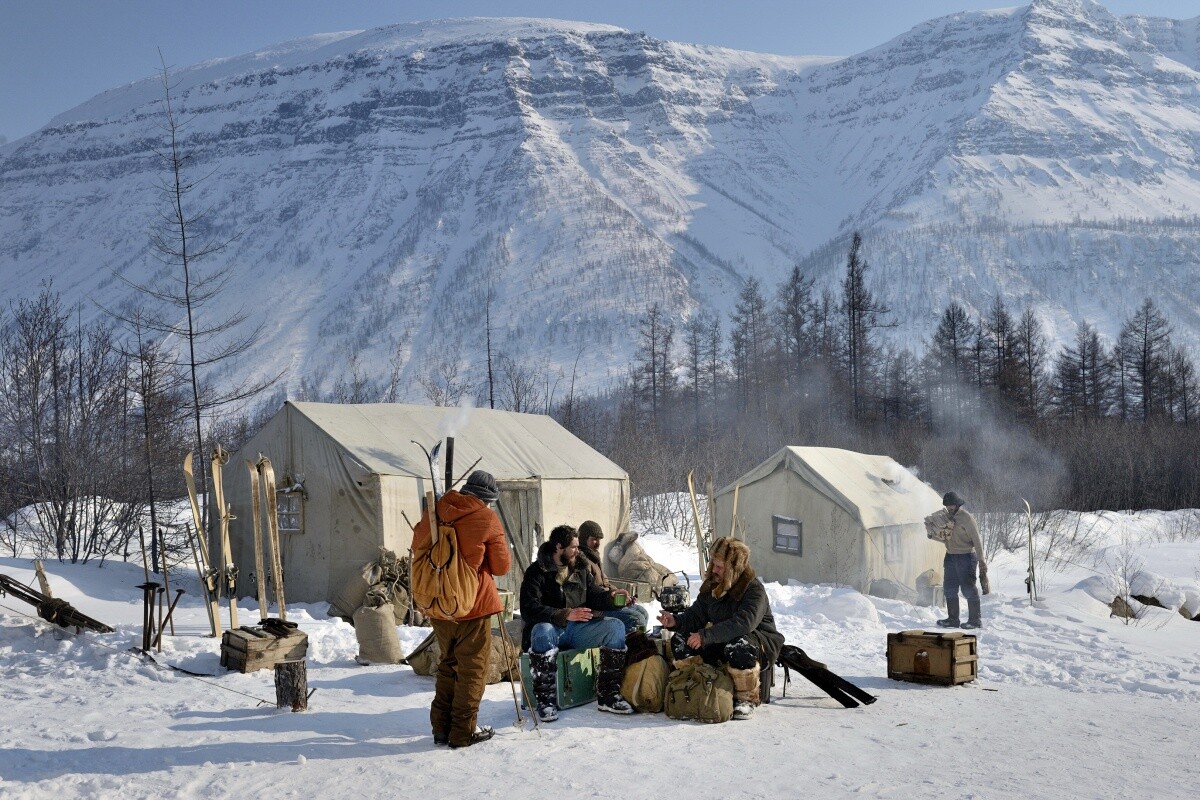
This is an adventure film about geologists and prospectors, the romantics of the Khrushchev Thaw era, who try to escape their troubles by traveling to far, unexplored places. The film by director Aleksandr Melnik features the tundra, taiga, mountains, and rivers, and all of this in different seasons. A major part of the film was shot inside the Putorana Plateau nature reserve in Siberia that’s distinguished by its extraordinary variation of different landscapes. That nature reserve is included in the UNESCO World Heritage list.

This is an adventure comedy about a detective who suddenly finds himself in the body of a child. This film was released even before Boss Baby, and it’s distinguished not only by the CG-graphics, which is quite innovative for a Russian movie, but also due to the location – the picturesque scenes of Vladivostok and the magnificent Russky Island.
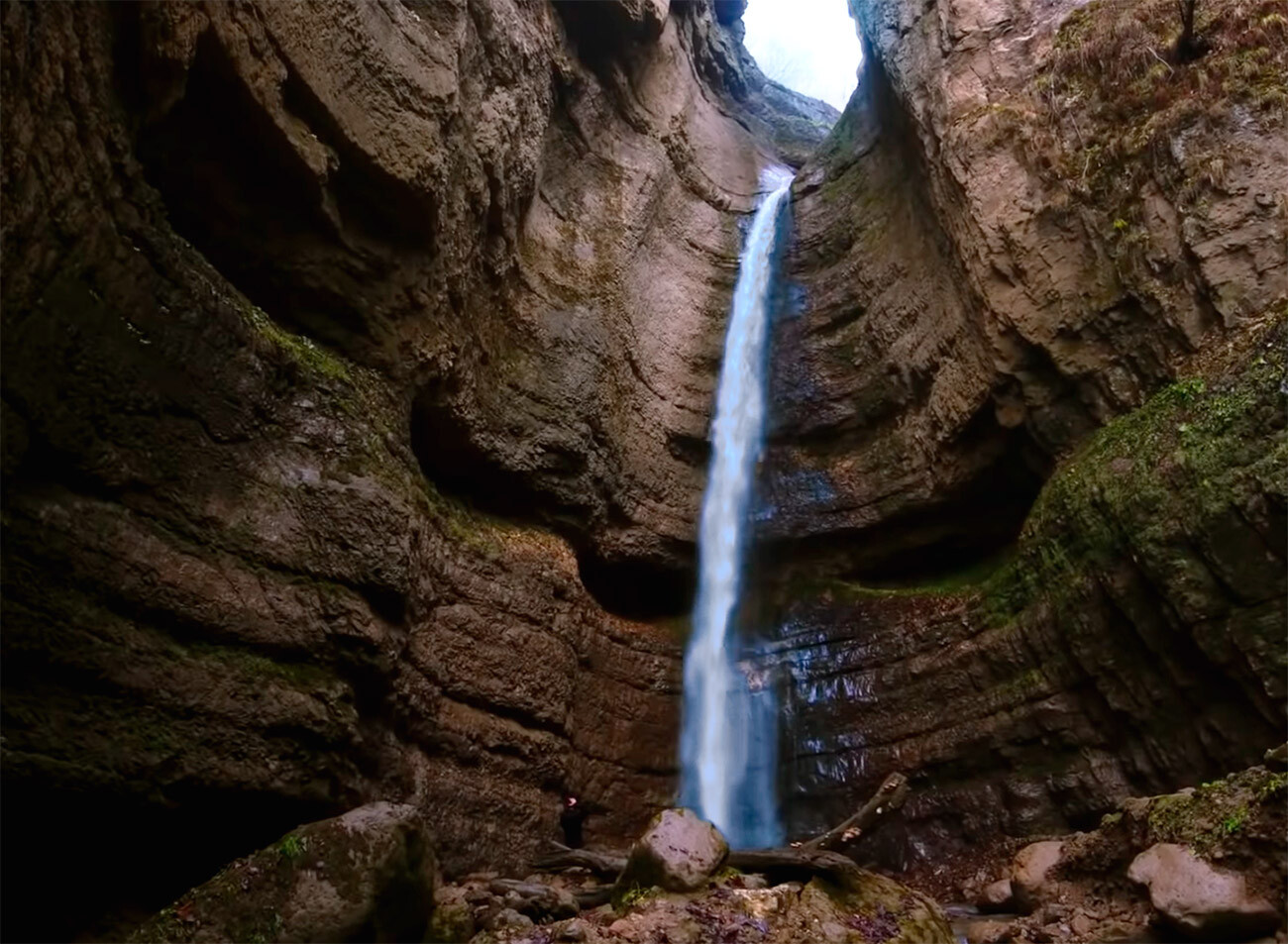
The debut work of one of the most famous Russian young directors, Kantemir Balagov, won the FIPRESCI Prize in the Un Certain Regard section of the Cannes Film Festival. This movie is based on a true story and takes place at the end of the 1990s in the North Caucasus, in the city of Nalchik, where the director himself was born and raised.
The film covers important social issues of the day, such as the nationality conflict and features the coming of age of a young woman, Ilana, who wants to flee from her local centuries-long traditions. In contrast to this tight narrative, almost confined within four walls, the film reveals the powerful and majestic nature of the North Caucasus with its mountain rivers and waterfalls.
Dear readers,
Our website and social media accounts are under threat of being restricted or banned, due to the current circumstances. So, to keep up with our latest content, simply do the following:
If using any of Russia Beyond's content, partly or in full, always provide an active hyperlink to the original material.
Subscribe
to our newsletter!
Get the week's best stories straight to your inbox